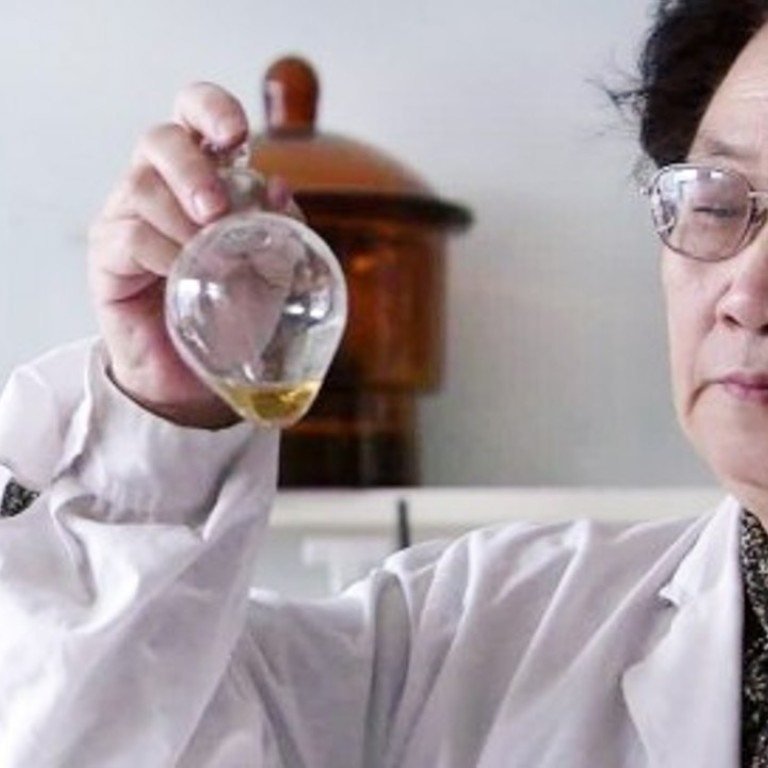
‘Women make terrible scientists’ and other sexual stereotypes genetically encoded in our brains, Chinese study shows
Some sexual stereotypes are encoded in our genetic make-up despite having little or no factual basis, according to a new study on hundreds of pairs of twins by Chinese scientists.
According to this logic, if such genes are absent at birth, infants are less likely to develop such gender prejudices as they grow older.
The research team involved in this study zeroed in on the popular misconception that women are somehow inferior to men when it comes to mathematics or science to try and determine why this gender bias has such strong staying power.
Led by Professor Cai Huajian at the Institute of Phycology in Beijing, they challenged the assumption that people’s beliefs are purely shaped by their environment, and that in a sexist environment, this is all it takes to propagate the idea that men are more talented and interested in science, technology, engineering and math-related disciplines.
Quite to the contrary, they discovered that such sexual bias can be inherited genetically from one’s parents.
In fact, a person’s genes can account for nearly 40 per cent of the driving forces behind the formation of opinions, they wrote in a paper published in Social Psychology and Personality Science.
Cai’s team measured the strength of the stereotype that women are inferior in science on two groups of twins. One set were what is known as monozygotic - genetically identical - while the other were dizygotic, meaning that they only share 50 per cent of the same genes.
The study involved over 300 pairs of twins, with an average age of 18. The tests were repeated for a total of two times in two years to make the results more reliable.
By handing them all a questionnaire designed to pick on traces of them harbouring this stereotype, the researchers found that the monozygotic twins were more likely to agree, one way or the other, than the dizygotic pairs.
They took this to suggest that a person’s genes significantly influence the formation of such ideas. This was based on the logic that if “nurture” rather than “nature” were the only factor in play, then both groups should exhibit the same or similar response.
Furthermore, they wrote that those people who are born encoded with such a bias may “purposely seek and create a stereotype-consistent environment” to reinforce this belief.
Genes may also influence how a person forms ideas by modulating the relevant neurological activities, they said.
The study’s findings “may partially explain why the gender-science stereotype is still persistent in cultures where females actually outperform males in science, such as in Singapore,” the authors added.
Nonetheless, a person’s environment still plays a bigger role than their genes on how they think, the team added.

